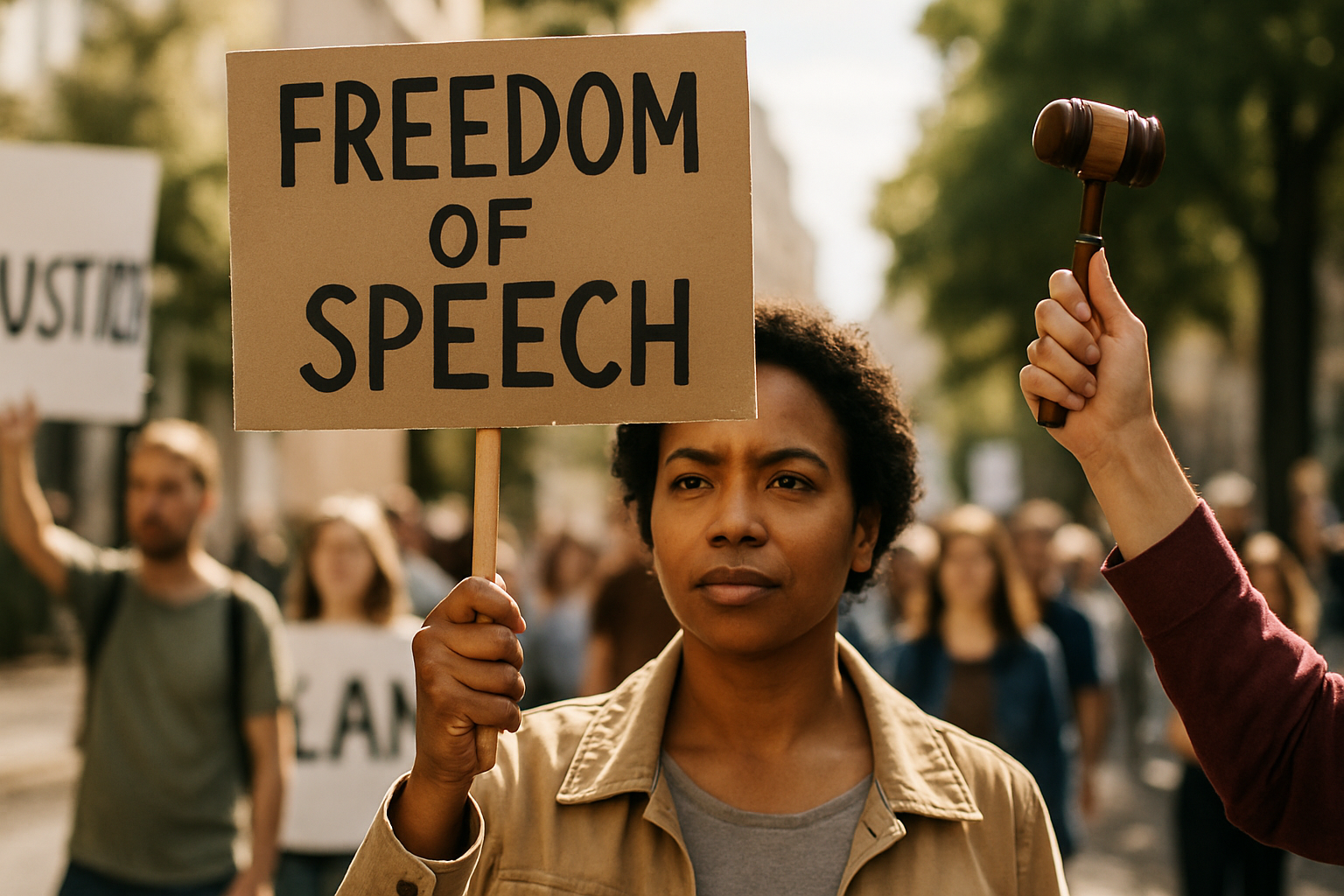Participating in Protests: Legal Rights and Restrictions

For many expats living in Turkiye, integrating into a dynamic society means witnessing, and sometimes wishing to participate in, public demonstrations. Whether fueled by a cause close to your heart or simple curiosity, joining a protest in a foreign country raises important questions about legal rights and restrictions. Understanding what you can and cannot do avoids unnecessary trouble and keeps you safe while expressing your beliefs.
Understanding the Turkish Legal Framework
Turkiye’s constitution recognizes the right to peaceful assembly and demonstration. However, this right comes with specific limitations and procedures outlined in law. As an expat, knowing these details helps you avoid misunderstandings or even legal trouble.
- Demonstrations must be peaceful and unarmed.
- Organizers must notify local authorities in advance, usually at least 48 hours.
- Certain public spaces, such as malls, schools, and main transport hubs, prohibit protests.
- Spontaneous gatherings or those bypassing these procedures can be deemed illegal.
For example, participating in a permitted climate march at a designated city park is usually tolerated. Attending an unapproved gathering outside a political building, in contrast, can result in legal action.
Your Rights During a Protest
While protests are a means for social change, your rights as a foreigner differ from those of a Turkish citizen in enforcement. Nonetheless, some general rights apply regardless of your citizenship.
- The right to photograph or film events in public spaces, unless otherwise restricted.
- The right to legal representation if detained or questioned by police.
- The right to contact your country’s embassy or consulate if detained.
- The right to refuse to answer questions beyond identity until legal aid arrives.
If police question you about your presence at a protest, calmly state your identity and request the presence of a legal representative or a translator if needed. Communicating confidently, within your rights, helps prevent escalation.
Key Restrictions and Potential Risks
Turkiye enforces strict regulations around protests, especially involving political or sensitive topics. Expats face additional risks, including visa complications.
- Participation in unpermitted protests can lead to detention, fines, or deportation.
- Chanting slogans or displaying banned symbols is illegal in many instances.
- Violence, destruction of property, or resisting police can carry criminal charges.
- Social media posts about the protest can also be scrutinized by authorities.
For example, a foreign resident at a permitted human rights march may still face investigation if accused of inciting violence, even through online comments. Understanding the boundaries prevents turning a peaceful expression into a legal issue.
Practical Steps for Safe Participation
Preparedness is key to safeguarding your experience as an expat protest participant. Prioritize safety and awareness before attending any demonstration.
- Check local news and embassy advisories for updates on protest legality and safety.
- Inform a friend, family member, or your embassy about your plans and expected return time.
- Carry identification, a charged phone, and essential emergency contacts.
- Avoid carrying items or banners with controversial images or slogans.
- Wear comfortable clothing and use discretion when sharing location or images online.
You protect yourself and stay focused on your cause with these practical measures. For instance, saving the emergency number for your embassy ensures immediate support in case of unforeseen events.
Benefits of Informed Participation
Engaging in protests with knowledge of the legal framework delivers important advantages for expats living in Turkiye.
- Safeguards your residency status and future visa applications.
- Promotes positive relationships with local communities and authorities.
- Boosts confidence to participate in civic life responsibly.
- Helps avoid accidental violations that lead to fines or deportation.
For example, an expat who supports women’s rights events by following all guidelines and registration steps can confidently share their perspective and build meaningful connections—without risking legal repercussions or misunderstandings.
Living abroad brings a host of new experiences, including exercising your voice in matters that matter. By knowing your rights and boundaries, you add your presence to important social conversations while ensuring your continued safety and freedom in Turkiye.
